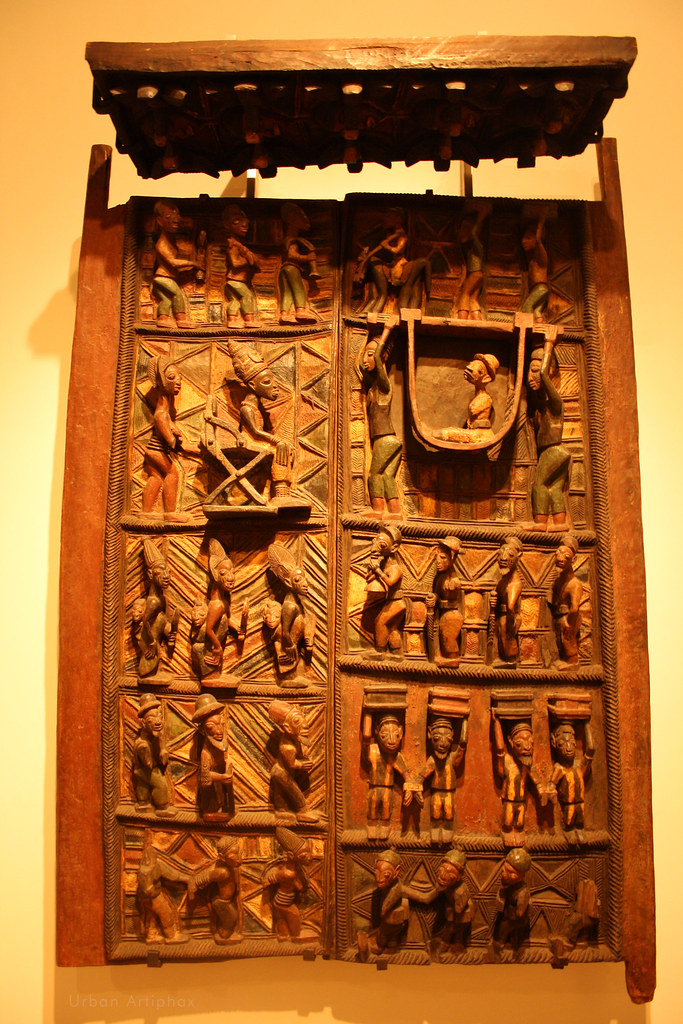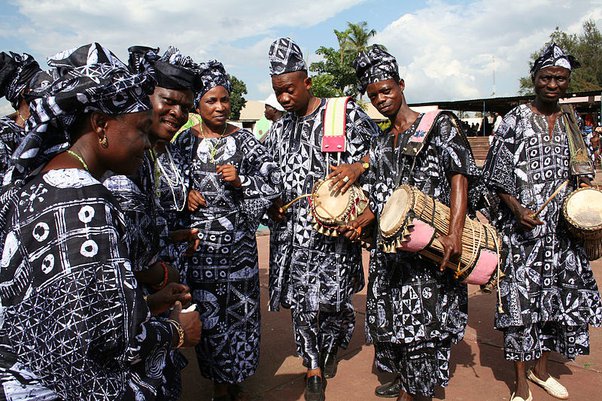
Nigeria is a land of diverse cultures, and one of its most intriguing is the Yoruba culture. With its deep-rooted religion, intricate art forms, and colorful festivals, the Yoruba culture provides a fascinating lens through which to view the nation’s history and identity.
The Yoruba people are known for their vibrant and complex religious beliefs, with a pantheon of deities known as Orishas. These deities represent various aspects of life, nature, and human experiences, and they are revered and honored through rituals, ceremonies, and art.
Yoruba art is renowned for its intricate and expressive sculptures. These sculptures often depict the Orishas, ancestors, and mythical figures, and they are created using various materials such as wood, bronze, and terracotta.
The Yoruba artistic tradition is not just about aesthetics; it serves as a means of communicating with the spiritual realm and preserving cultural stories and values. Each sculpture is a work of profound symbolism, connecting the physical and spiritual worlds.
One of the most celebrated Yoruba festivals is the Osun-Osogbo festival, which takes place annually in Osogbo, Nigeria. This festival honors the river goddess Osun and attracts thousands of participants and spectators. The festival features colorful processions, music, dance, and offerings to the deity. It is a vibrant display of Yoruba culture’s fusion of religion, art, and community celebration.

The Yoruba culture emphasizes the importance of community, family, and the preservation of ancestral heritage. Through their religion and art, the Yoruba people continue to pass down their traditions and values, ensuring that their rich cultural legacy remains vibrant in contemporary Nigeria.


